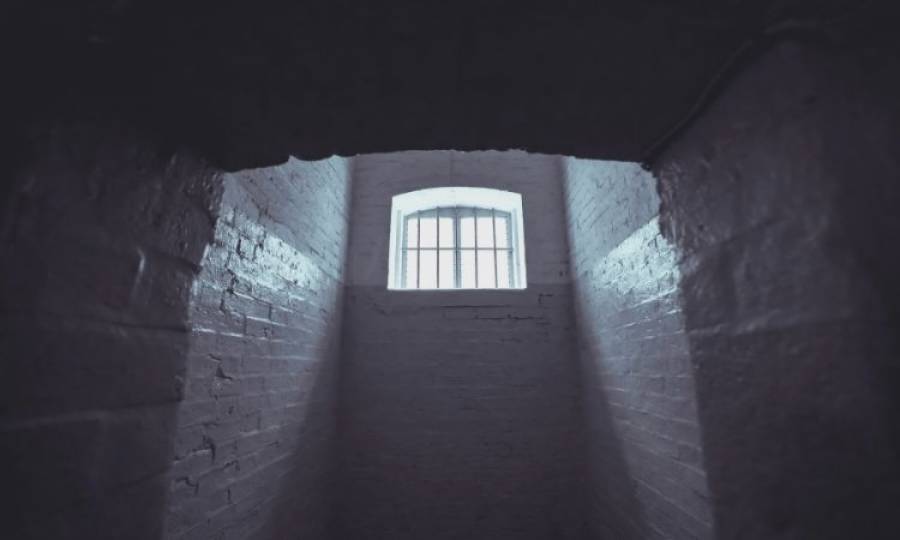UNODC starts providing HIV and tuberculosis services in Sindh jails

KARACHI: The United Nations Office on Drugs and Crime (UNODC) conducted a ceremony to commemorate the Coordination and Strengthening of HIV, tuberculosis, and hepatitis services in Sindh's prisons.
The Sindh Prisons Department was given over the formal control and implementation of the HIV, TB, and Hepatitis Module of the Prison Management Information System (PMIS) during the ceremony, according to a statement.
The equipment will be used in the newly built HIV Testing and Counseling (HTC) Center at Karachi's District Prison Malir to provide HIV, Hepatitis B and C, and tuberculosis testing and treatment services.
The HIV, Hepatitis, and Tuberculosis Module were created to assist prison authorities and the Health Department Sindh in maintaining data on convicts' HIV, Hepatitis, and Tuberculosis status during their term in prison. This will assist in tracking and helping individuals upon their release from prison.
Additionally, this pilot project aims to increase collaboration between the Sindh Prisons and Health Department, thereby providing a high-quality continuum of HIV, hepatitis, and tuberculosis prevention, treatment, and care for prisoners.
Dr Jeremy Milsom, Representative, UNODC, expressed gratitude to the Sindh Prisons Department, the Sindh Health Department, and other stakeholders for their support and ownership of this critical programme.
He expressed gratitude to UNAIDS for its generous contribution and emphasised the critical nature of solid coordination between departments to improve prison inmates' quality of life.
Advertisement
Trending
Popular
Aging: New study identifies key lifestyle, environmental factors ...
-
Hair loss: Discovery uncovers key stem ...
08:00 PM, 25 Feb, 2025 -
Broccoli sprout compound may help lower ...
11:31 AM, 25 Feb, 2025 -
Gas Pain vs. Heart Attack: How to tell ...
09:00 PM, 22 Feb, 2025 -
Coconut oil supplement shows promise ...
08:00 PM, 20 Feb, 2025



